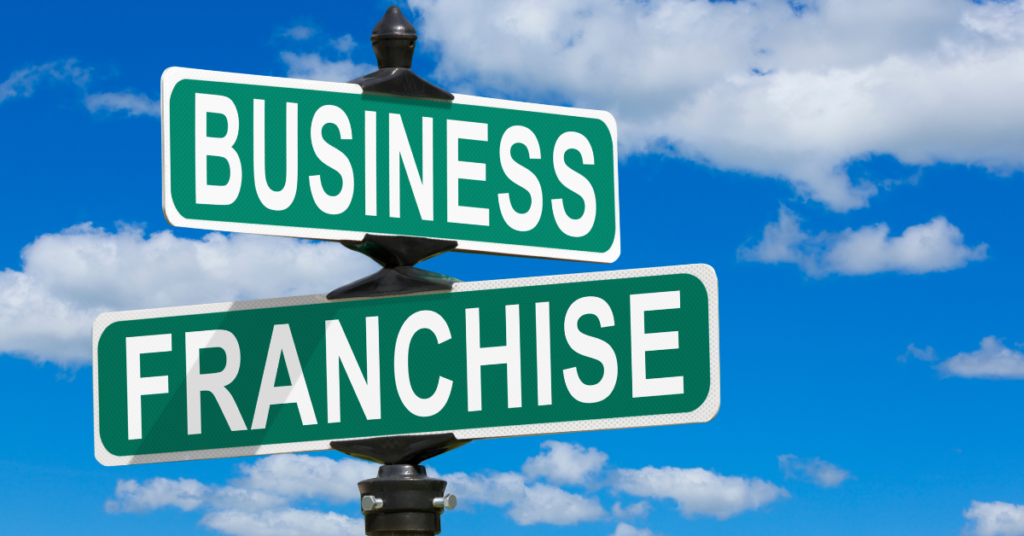Purchasing an existing business is a strategic way to enter the world of business ownership with less risk than starting from scratch. While it can be a faster and more secure path to entrepreneurship, it’s still a complex process that requires thorough research, financial preparation, and strategic decision-making.
This guide will walk you through every stage of buying a business in Australia—from self-assessment to making the final purchase—ensuring that you make an informed and confident decision.
Step 1: Are You Ready to Become a Business Owner?
Buying a business means taking on full responsibility for its success or failure. Business owners must wear multiple hats—handling sales, operations, customer service, marketing, and financial management. Before taking the plunge, ask yourself:
- Do you have the time and commitment to run a business?
- Are you comfortable making important financial and operational decisions?
- Can you handle uncertainty, risk, and fluctuating profits?
- Do you have the discipline to manage daily operations and staff?
If you’re uncertain about your readiness, download our Are You Ready to Buy a Business? guide for a self-assessment.
Step 2: Choosing the Right Business Type
The type of business you buy should align with your goals, skills, and financial capacity. There are two primary options:
1. Buying an Independent Business
An independent business is privately owned and operated, giving you full control over decision-making. This is ideal for entrepreneurs who want the freedom to innovate and scale the business in their own way.
Advantages:
- Full control over branding, operations, and business decisions
- No franchise fees or corporate restrictions
- Greater potential for innovation and market expansion
Challenges:
- Higher risk compared to a franchise
- Requires a strong marketing strategy and business development skills
- No pre-established brand recognition
2. Buying a Franchise
A franchise allows you to operate under a well-established brand with proven business processes. This is ideal for investors looking for a lower-risk opportunity with built-in support.
Advantages:
- Established brand reputation and customer base
- Support from the franchisor in marketing, operations, and training
- Easier financing options due to a lower risk profile
Challenges:
- Less flexibility in decision-making
- Ongoing franchise fees and operational restrictions
- Limited room for innovation
Still unsure? Learn more about franchising in our article: Is Buying a Franchise Worth It?
Step 3: What Kind of Business Should You Buy?
Once you’ve decided between an independent business or a franchise, you need to determine the specific business type that fits your skills, interests, and financial goals. Consider these factors:
Industry Selection
- Do you prefer a service-based, retail, or online business?
- Is the industry experiencing growth or decline?
- What is the competition like in your target market?
Business Model and Operations
- Will you operate the business alone or hire employees?
- Are you looking for a hands-on role or do you prefer a management-style investment?
- How many hours per week are you willing to dedicate?
Location and Market Considerations
- Is the business location ideal for foot traffic or local demand?
- Will you require a physical storefront, office, or warehouse?
- Can the business be run remotely or online?
Choosing the right business involves balancing personal interests with market demand and profitability.
Step 4: Conducting Due Diligence Before Buying a Business
Before making an offer, conducting due diligence is critical to avoid hidden liabilities and financial risks. Here’s what to check:
1. Financial Due Diligence
- Review profit and loss statements for the past 3–5 years
- Analyse cash flow reports and business tax returns
- Check outstanding debts, supplier contracts, and lease agreements
- Assess the real value of business assets (equipment, inventory, intellectual property)
2. Legal and Compliance Review
- Verify business licenses, trademarks, and intellectual property rights
- Ensure there are no ongoing legal disputes or compliance issues
- Review employee contracts and understand legal obligations
3. Market and Operational Assessment
- Evaluate customer reviews and brand reputation
- Assess employee satisfaction and staff retention rates
- Compare the business’s performance against competitors
For more details on what to ask, read our guide: Questions to Ask Before Buying a Business
Step 5: Financial Preparation and Funding Options
Buying a business requires substantial capital. Here’s how to assess your financial position:
Evaluate Your Personal Finances
- Calculate your total assets, liabilities, and net worth
- Determine if you have equity to borrow against
- Assess how much personal savings you can allocate to the purchase
Funding Options for Buying a Business
- Bank Loans: Traditional business loans or SBA loans (for franchises)
- Vendor Finance: The seller provides partial financing for the purchase
- Investor Partnerships: Collaborate with investors to fund the business
- Government Grants: Some industries qualify for government funding
Step 6: Negotiating the Deal and Finalising the Purchase
Once you’ve selected a business and completed due diligence, it’s time to negotiate terms and finalise the purchase.
Key Factors to Negotiate:
- Purchase price and payment structure
- Inventory, equipment, and assets included in the sale
- Transition period and owner support after purchase
- Non-compete clauses (to prevent the seller from opening a competing business)
After finalising negotiations, work with legal and financial advisors to complete the sale agreement and secure business ownership.
Step 7: Transitioning into Ownership Successfully
Once the purchase is complete, focus on a smooth transition by:
- Communicating with existing employees to ensure business continuity
- Building relationships with suppliers and customers
- Implementing operational improvements and growth strategies
If you’re debating whether to buy a business or start one from scratch, check out our guide: Franchising vs. Starting a New Business .
The Next Step: Speak to a Business Broker
Buying a business is one of the biggest financial decisions you’ll make. Working with a business broker can help you:
- Identify profitable business opportunities
- Conduct due diligence and risk assessment
- Negotiate the best possible deal
At The Brokerage Connection, our experienced Australian business brokers provide expert guidance to ensure a smooth buying process. Contact us today on 1300 466 455 to explore business opportunities that fit your goals.
Take the First Step Toward Business Ownership Today
Owning a business is a pathway to financial independence, personal fulfillment, and long-term success. Whether you’re looking for a thriving independent business or a proven franchise model, the right opportunity is out there waiting for you.
But you don’t have to navigate this journey alone. With expert guidance, you can make a confident, well-informed decision and secure a business that aligns with your goals.
Start your journey today by downloading our Are You Ready to Buy a Business? guide and speaking with a professional business broker.
Check our list of businesses for sale here.






